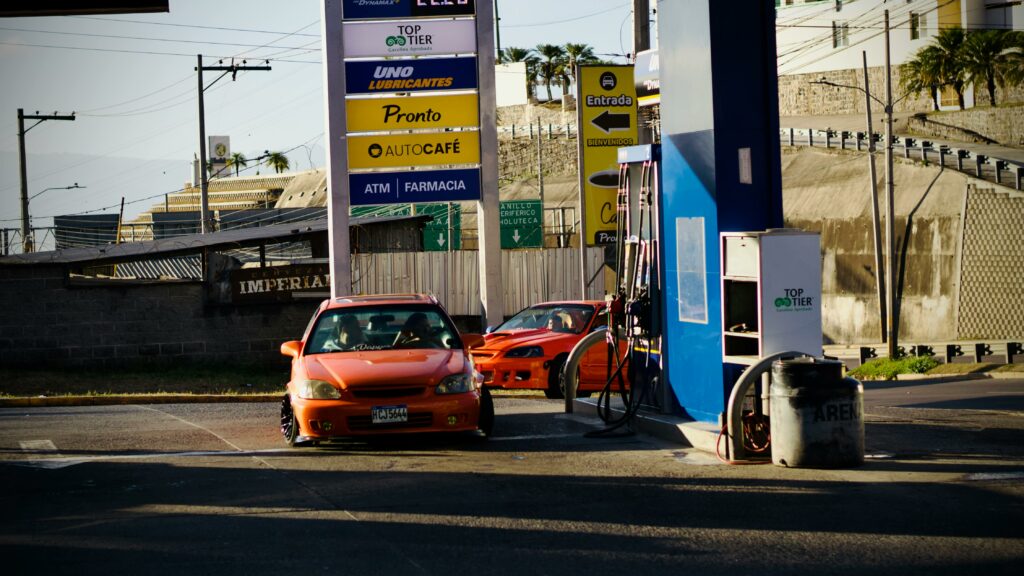Which is cheaper: leasing or buying a used electric vehicle?
Are you trying to determine whether to buy or lease a used electric car? You’re not the only one. This option is getting harder, but it’s also increasingly crucial for your money as electric vehicles become more common and secondhand models flood the market.

Leasing may mean reduced monthly payments and fewer repairs, but buying may provide long-term savings and full ownership. This article explains what each choice truly costs, what you receive in return, and which one is best for your budget, lifestyle, and driving style.
Let’s begin with leasing
It looks good on the surface, especially if you don’t want to deal with an old battery or outdated tech. When you lease a used EV, your monthly payments are usually lower than when you buy it outright. Plus, the lease usually comes with a guarantee that covers expensive parts like the battery and engine. That’s a significant gain if you’re worried about keeping things up over time. You can also return the automobile when the lease is over and get a newer, better model.
However, leasing isn’t always easy
You don’t own the car, so you can’t create equity or sell it later. Most of the time, there are mileage limits, and if you go over them, you’ll have to pay. Changes? Forget it. You might be covered during your lease, but you’re still accountable for any damage that goes beyond what’s typical. So, leasing can be a good short-term answer, but it isn’t necessarily the cheapest option in the long run.
Now, buying a used electric vehicle (EV) can cost more up front or have a larger monthly payment if you finance it, but you have full control. No limits on distance. No dates for returns. No surprises at the conclusion of the lease. You can drive, change, and finally sell the car once you own it. And as the costs of used EVs drop, you might be able to discover excellent offers on vehicles that still have a lot of battery life left. When you add in the fact that electric cars cost less to fuel and maintain than petrol cars, owning one starts to look like a good financial decision over time.
But there is a risk involved with buying
If the battery goes out of warranty, replacing it isn’t inexpensive, and older EVs may not have the best range. So, it’s important to do your homework by looking into the car’s history, understanding the warranty that is still in effect, and examining the battery’s health. A certified pre-owned EV can be a nice compromise because it gives you peace of mind without the cost of a new one.
Ultimately, it depends on how much you want to pay each month, how long you want to drive the car, and how comfortable you are with the obligations that come with owning it. Leasing can be a better option for you if you value flexibility and short-term affordability. But if you want to save as much money as possible over time, buying a used EV might be the wiser choice. The EV road is open either way, and it’s getting simpler to drive on.




